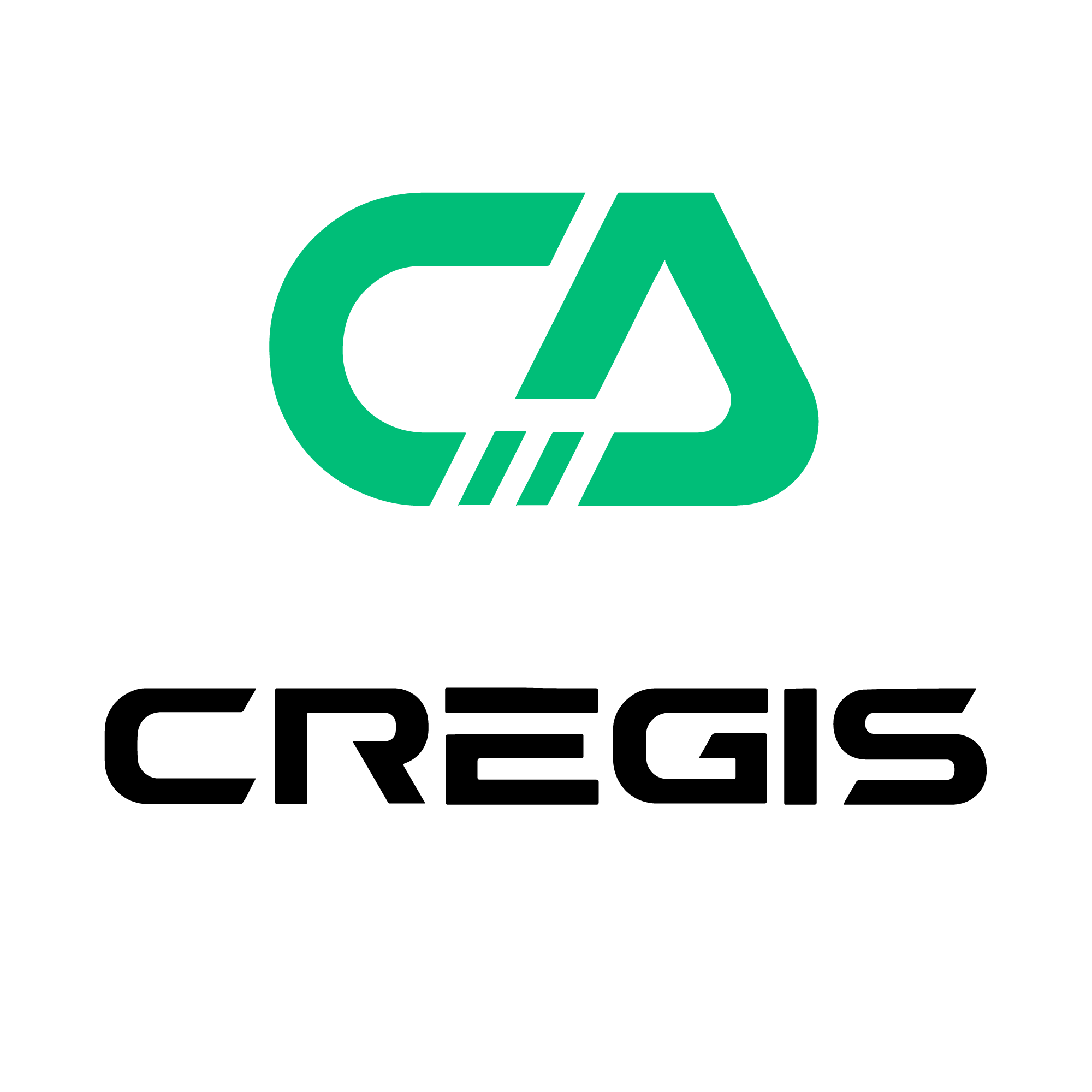Introduction
In the world of crypto asset security, Multi-Party Computation (MPC) wallets are emerging as the new standard for institutional-grade protection. Unlike traditional wallets that rely on a single private key, MPC wallets eliminate single points of failure by distributing key shares across multiple parties. For institutions managing large amounts of cryptocurrency, this offers a more secure, private, and compliant solution.
In this guide, we’ll break down what an MPC wallet is, how it works, its benefits, limitations, and how it compares to other crypto storage solutions like MultiSig and cold wallets.
Key Takeaways
- MPC wallets use cryptographic protocols that allow multiple parties to jointly authorize transactions without revealing their individual key shares.
- They offer greater security and operational flexibility compared to MultiSig and single-key wallets.
- Ideal for institutions, MPC wallets support regulatory compliance and reduce key management complexity.
- While powerful, MPC wallets require technical setup and come with certain performance trade-offs.
What Is Multi-Party Computation (MPC)?
Multi-party computation is a cryptographic technique that enables multiple parties to compute a shared result—like signing a crypto transaction—without disclosing their individual inputs. This ensures maximum privacy and decentralization of authority.
The concept dates back to the 1980s with the introduction of the "Millionaire's Problem" by Andrew Yao. Today, it powers some of the most secure crypto wallets in use.
What Is an MPC Wallet?
An MPC wallet is a digital asset wallet that uses multi-party computation to split private key generation and management among multiple parties. The key is never fully assembled, making it highly resistant to theft.
Unlike traditional wallets such as MetaMask (which store one private key), or MultiSig wallets (which require multiple on-chain signatures), MPC wallets compute transaction approval off-chain and in a decentralized way.
How Do MPC Wallets Work?
Here's how an MPC wallet typically functions:
- Private key shares are generated and distributed to multiple parties or devices.
- When a transaction is initiated, each party uses their share to participate in the computation.
- The result is a valid digital signature, without ever reconstructing the full private key.
This process ensures that:
- No one party ever has access to the full key.
- The key is never stored in a single location.
- The wallet remains highly secure, even if one share is compromised.
Benefits of MPC Wallets
1. Enhanced Security
- No single point of failure: Hackers must compromise all key shares to breach the wallet.
- Keys never exist in full: Even during signing, the full private key is never formed.
- Reduced phishing and malware risk: No one individual holds complete signing power.
2. Stronger Privacy
- Off-chain approvals: Signing is done off-chain, so attackers cannot trace transaction approvers.
- Indistinguishable on-chain signatures: MPC transactions look like standard wallet transactions on the blockchain.
3. Operational Efficiency
- Faster than cold wallets: MPC key shares can stay online, allowing quicker transaction approval.
- Easy key rotation: When a team member changes, new key shares can be generated without moving funds.
- Supports compliance: Ideal for institutions needing segregation of duties and multi-party sign-offs.
MPC Wallets vs. MultiSig Wallets
| Feature | MPC Wallet | MultiSig Wallet |
| Signature type | Off-chain | On-chain |
| Key setup flexibility | Flexible | Static (immutable) |
| Privacy | High | Low |
| Operational complexity | Medium | High |
| Security | Very High | High |
MultiSig wallets have been widely used but reveal signing parties on-chain and cannot easily adapt to organizational changes. MPC wallets address these limitations with superior flexibility and security.
Drawbacks of MPC Wallets
While MPC wallets offer numerous benefits, they also come with some challenges:
1. Slower Approval Times
- Requires coordination among multiple parties.
- More steps than single-key or hot wallets.
2. Technical Complexity
- Requires specialized knowledge to implement securely.
- May require engaging expert MPC wallet providers.
3. Not Infallible
- If every key share is compromised, an attacker could gain control.
- Like all security systems, human error and poor implementation remain risks.
Who Should Use MPC Wallets?
MPC wallets are best suited for:
- Crypto custodians
- Exchanges and brokers
- Asset managers
- Enterprises with crypto treasury management needs
- DAOs and Web3 platforms needing secure multi-party control
Cregis and MPC Wallet Technology
At Cregis, we specialize in developing self-custodial MPC wallets that combine institutional security with seamless usability. Our MPC Wallet solution is designed to help businesses and individuals take control of their digital assets without compromising on compliance, privacy, or performance.
Whether you’re building a crypto exchange, launching a DAO, or managing an enterprise treasury, our MPC-based wallet infrastructure ensures that your assets are safe, scalable, and secure.
Conclusion
MPC wallets represent a significant advancement in digital asset custody and transaction authorization. They combine the best aspects of security, privacy, and operational control, making them ideal for institutional-grade crypto management. While there are some complexities to consider, the benefits far outweigh the trade-offs for most organizations.
FAQs About MPC Wallets
What does MPC stand for in wallets?
MPC stands for Multi-Party Computation, a cryptographic protocol used to decentralize private key management.
Are MPC wallets better than cold wallets?
They offer comparable security but are more efficient and operationally agile, especially for institutional use.
Can individuals use MPC wallets?
Yes, though they are more commonly used by institutions. Some providers are beginning to offer consumer-friendly MPC solutions.
Is an MPC wallet the same as a MultiSig wallet?
No. MultiSig uses multiple on-chain signatures; MPC performs off-chain computations and offers better privacy and flexibility.
About Cregis
Founded in 2017, Cregis is a global leader in enterprise-grade digital asset infrastructure, providing secure, scalable and efficient management solutions for institutional clients.
Built to solve the challenges of fragmented blockchain systems and asset security risks, Cregis delivers MPC-based self-custody wallets, WaaS solutions, and Payment Engine, featuring collaborative asset control and a compliance-ready ecosystem.
To date, Cregis has served over 3,500 institutional clients globally. Our solutions empower exchanges, fintech platforms, and Web3 enterprises to adopt blockchain technology with confidence. Backed by years of proven expertise in blockchain and security, Cregis helps businesses accelerate their Web3 transformation and unlock global digital asset opportunities.

